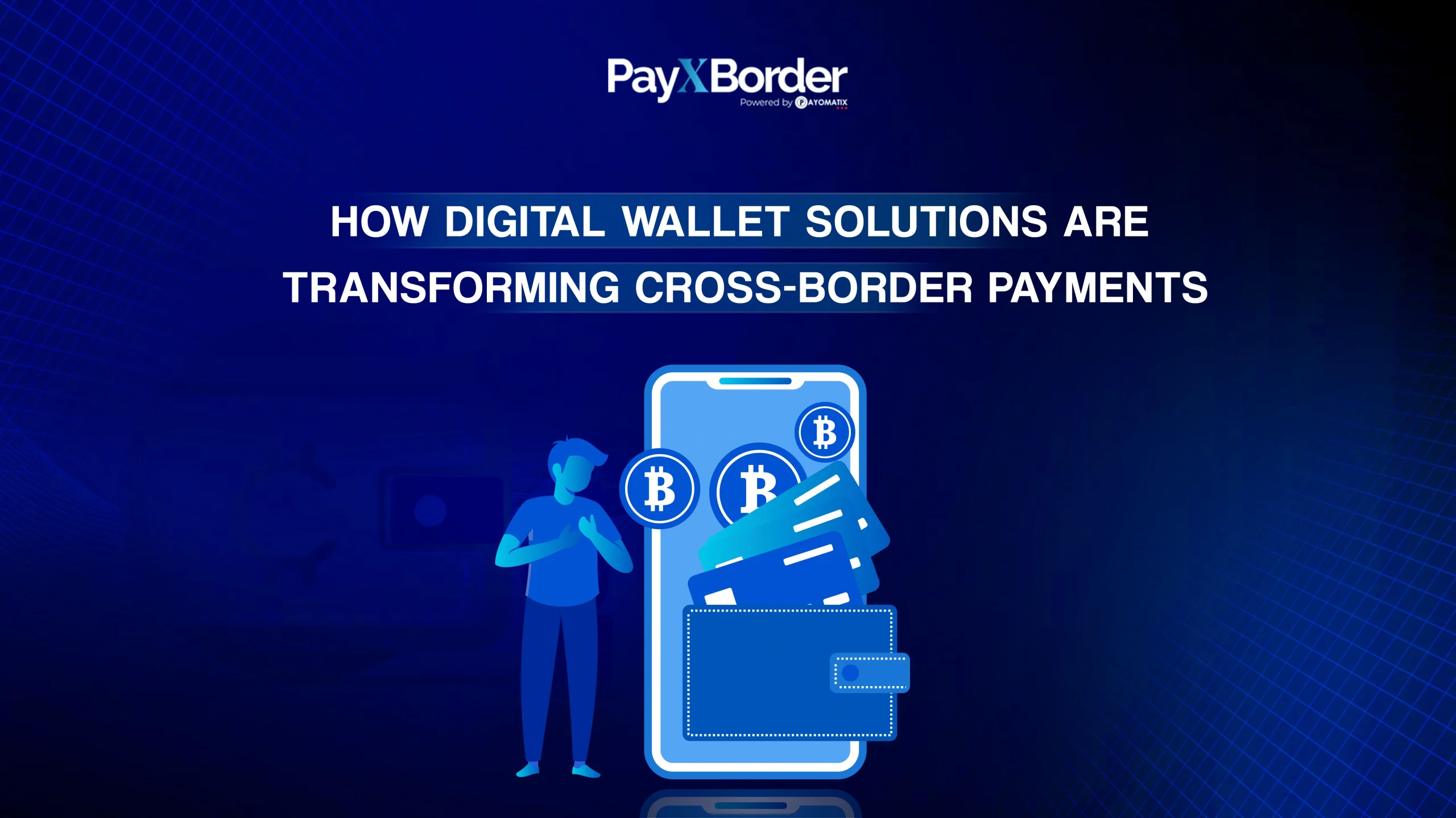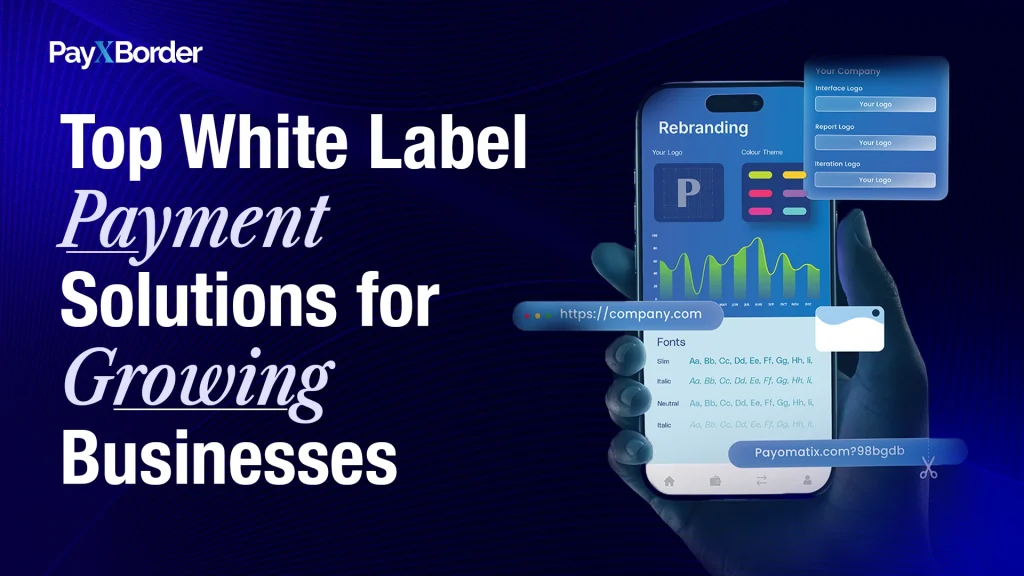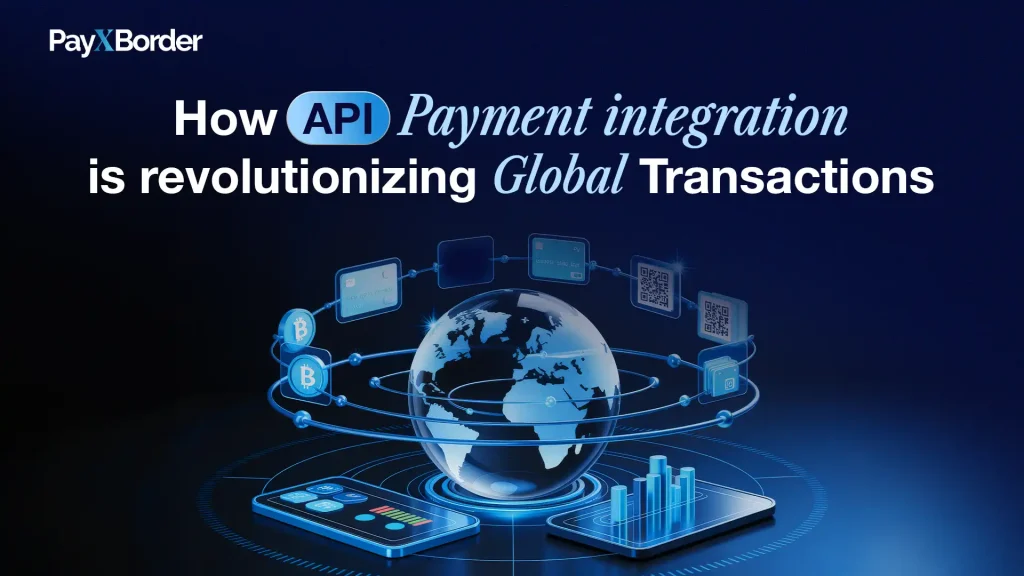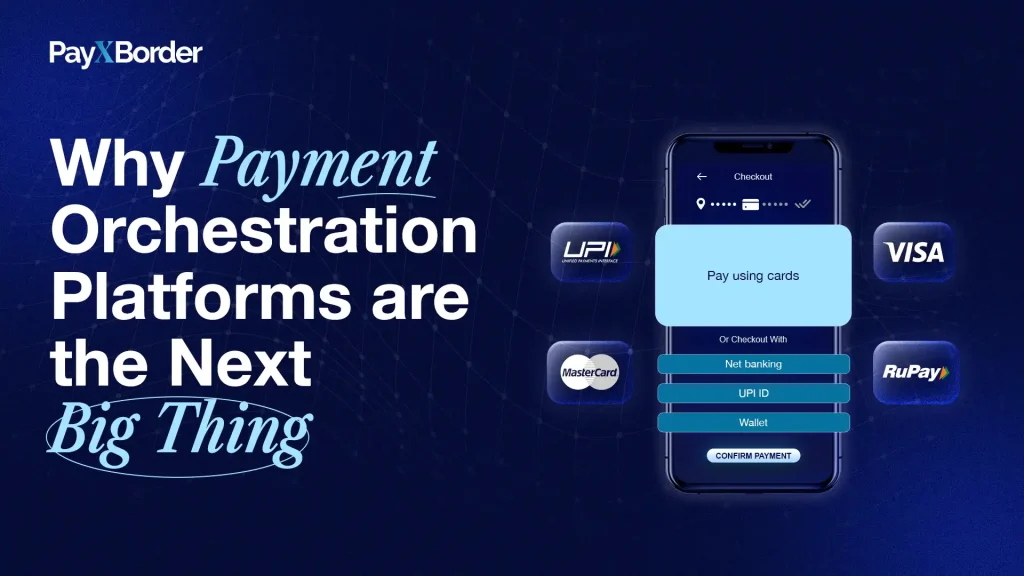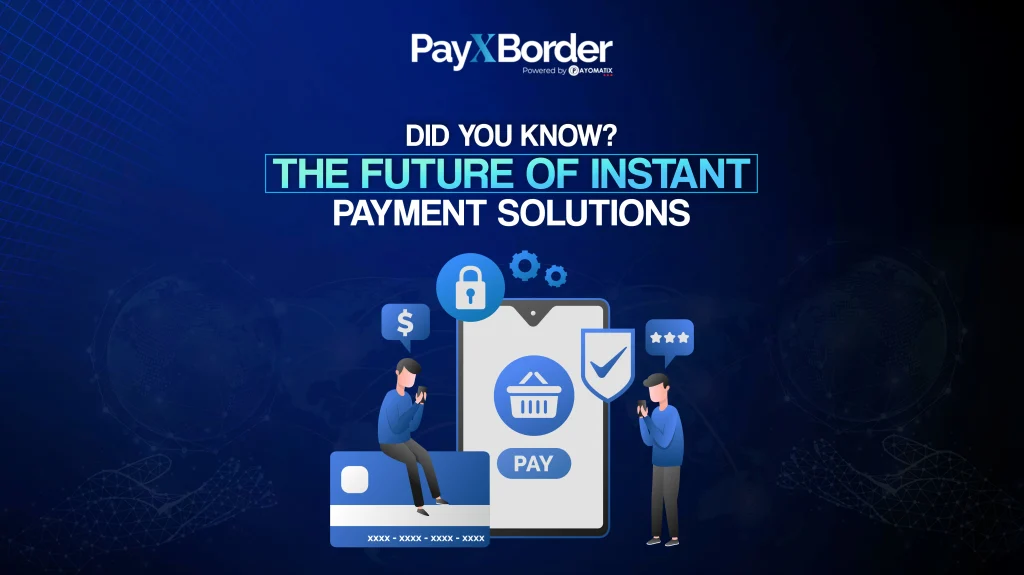“Imagine moving money across the globe as easily as sending a text Digital Wallet Solutions make it a reality.”
Cross-border payments have long been a pain point for businesses and exporters alike. High fees, hidden charges, slow settlement times, and complex compliance structures often lead to operational inefficiencies and eroded profit margins.
Enter Digital Wallet Solutions, the fintech innovation that is revolutionizing how funds are sent, received, and managed across borders. Whether you’re a business receiving payments from clients abroad, an e-commerce seller expanding globally, or an enterprise with suppliers and employees in different countries, understanding and leveraging digital wallets is now a competitive necessity.
In this in-depth guide, we explore how digital wallets are transforming cross-border payments, enabling faster settlements, lower fees, compliance ease, and transparent transactions for businesses of all sizes.
What Are Digital Wallet Solutions in Cross-Border Payments?
Digital Wallet Solutions are online platforms that allow individuals and businesses to store, send, and receive funds digitally across borders. Unlike traditional banking methods, digital wallets operate on modern payment infrastructure, eliminating intermediaries and reducing processing times.
With a digital wallet:
- Businesses can hold multi-currency balances.
- Payments can be made and received instantly across different countries.
- Users can avoid multiple currency conversions, reducing costs significantly.
Platforms like PayXBorder integrate digital wallets within their cross-border payment ecosystem, allowing you to manage funds seamlessly while ensuring compliance and security.
Why Traditional Cross-Border Payments Are Outdated
Traditional cross-border payment methods involve correspondent banks, manual verifications, and SWIFT transfers, often taking 3 – 7 business days for settlements. During this process, transactions incur:
- Multiple bank fees
- Unfavorable FX rates
- Lack of transparency
- High rejection rates due to compliance issues
For growing businesses, these challenges impact cash flow, vendor relationships, and customer satisfaction.
Digital Wallet Solutions eliminate these hurdles by:
- Enabling instant settlements
- Offering real-time FX rates
- Lowering transaction costs
- Providing transparent, trackable payments
How Digital Wallet Solutions Reduce Cross-Border Payment Costs
One of the biggest advantages of digital wallets in cross-border payments is cost efficiency.
Traditional payment methods can charge anywhere from 3% to 10% of the transaction amount in hidden fees, while digital wallets typically have:
- Flat, transparent pricing
- No hidden intermediary bank fees
- Competitive FX rates with low or no markup
For example, using PayXBorder’s Digital Wallet Solutions, businesses can save thousands annually while maintaining faster and more compliant global payment workflows.
Enabling Instant Settlements Across Borders
Speed is critical in today’s business environment. Whether you need to pay suppliers, receive customer payments, or manage payroll, instant settlements:
- Improve cash flow
- Build trust with partners
- Eliminate operational bottlenecks
Enhancing Compliance and Security with Digital Wallet Solutions
Cross-border transactions require strict compliance with:
- KYC (Know Your Customer)
- AML (Anti-Money Laundering)
- Local and international tax regulations
Manual compliance can be a burden on businesses, increasing operational overhead and the risk of errors.
Digital Wallet Solutions like PayXBorder embed automated compliance into payment workflows, ensuring:
- Verified customer identities
- Continuous transaction monitoring
- Secure encryption for all transfers
- GDPR-aligned data handling
This creates a seamless experience without compromising regulatory adherence or payment security.
Multi-Currency Wallet Capabilities
Modern digital wallets support multi-currency functionality, allowing businesses to:
- Hold funds in multiple currencies (USD, EUR, GBP, AED, etc.)
- Avoid unnecessary currency conversions
- Make payouts in local currencies to vendors and employees
- Optimize conversions based on favorable FX rates
This flexibility empowers businesses to manage global transactions strategically, saving on FX fees while providing local experiences for customers and partners.
Improving Customer and Vendor Experience
A frictionless payment process builds trust with customers and vendors. By using Digital Wallet Solutions:
- Customers can pay using local methods and currencies, reducing barriers to purchase.
- Vendors and suppliers can receive prompt payments, strengthening business relationships.
- Refunds and reimbursements can be processed instantly, enhancing customer satisfaction.
This efficiency positions your business as a trustworthy, professional partner in the global marketplace.
PayXBorder’s Digital Wallet Solutions: A Complete Cross-Border Payment Ecosystem
PayXBorder offers a fully integrated Digital Wallet Solution designed to transform your cross-border payment operations with:
- Multi-currency wallets
- Instant settlements
- Transparent, flat-fee pricing
- Compliance and security automation
- Real-time transaction tracking
- Developer-friendly APIs for seamless integration with your existing systems
Whether you’re a small business scaling globally or an enterprise optimizing cross-border financial operations, PayXBorder’s Digital Wallet Solutions help you save time, reduce costs, and gain full control over your payments.
Conclusion: Future-Proof Your Business with Digital Wallet Solutions
In a rapidly evolving global economy, slow and costly payment methods are no longer sustainable. Digital Wallet Solutions are transforming cross-border payments by:
- Lowering transaction fees
- Enabling instant settlements
- Offering transparent FX rates
- Ensuring compliance and security
- Improving customer and vendor experiences
By integrating these solutions with your business strategy, you position your brand for global growth while simplifying your financial operations.
Ready to transform your cross-border payment workflows? Start with PayXBorder’s Digital Wallet Solutions today and experience seamless, secure, and scalable global transactions.

